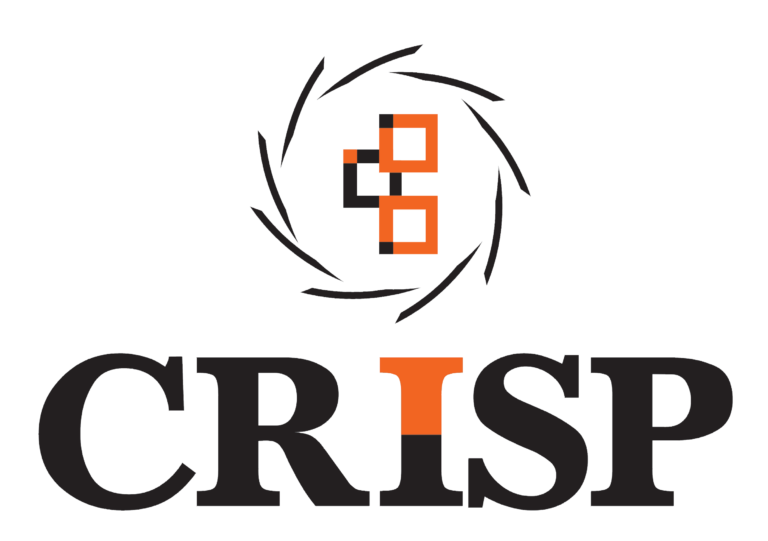
In recent years international agricultural research centers had to respond to changing mandates with a more explicit focus on poverty reduction and environmental sustainability from an earlier focus on improved agricultural productivity. Natural resource management (NRM) research has been an important area that has witnessed several institutional changes within the CGIAR system for the fulfillment of these goals. Most research centers have sought and promoted innovations through concepts such as participatory research, partnerships, and alternatives to the transfer of technology approach. In this report, we argue that while these changes have indeed contributed to a greater poverty focus of the CG centers, there is a greater need to understand the practice of science amongst these centers and the underlying institutional constraints that hinder or enhance learning in the proposed transition of these research centers into learning organizations. In this study, the institutional history of a CG center has been used as a tool to promote institutional learning and change. It demonstrates that research managers in the CG system have not adequately accessed the institutional innovations of its own scientists in facilitating changes under newer mandates. By tracing the various ups and downs of ICRISAT’s thirty-year involvement in NRM research, this report points to the need for greater sensitivity in research design towards institutional constraints that prevent faster learning and the need for evolving mechanisms to enable real-time learning in projects.
